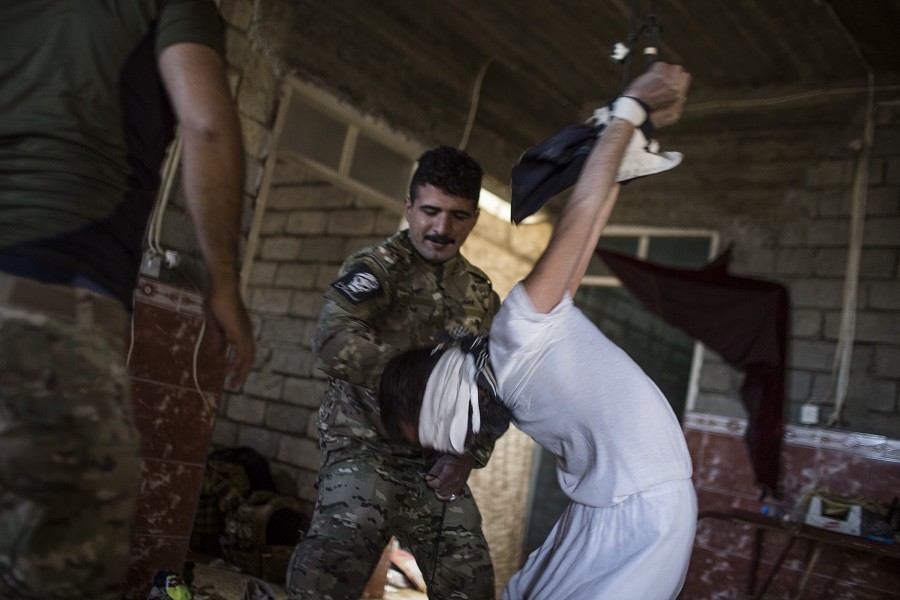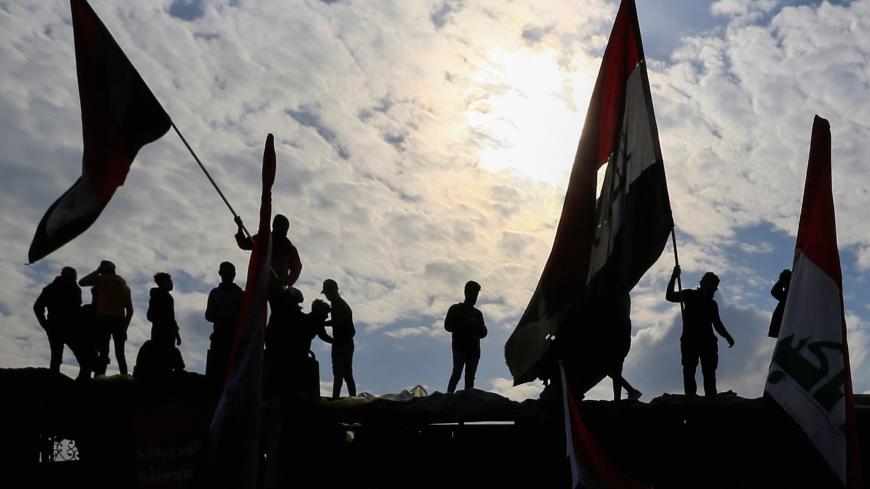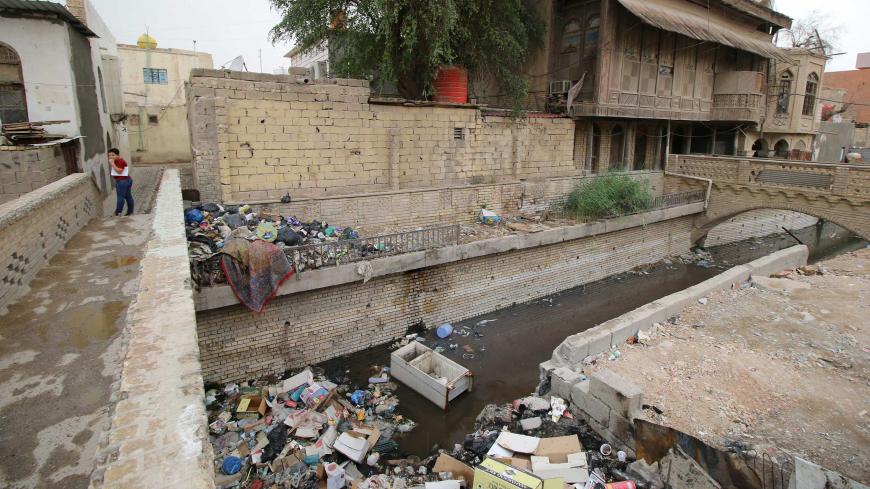The Iraqi Observatory for Human Rights said that successive Iraqi governments are helping impunity and allowing intentionally or without the perpetrators to have the impunity they should have, not to be left to their normal lives and enjoy complete freedom while they are depriving the lives and dignity of other people.
At a time when these people continue to commit violations and seek every time to violate human rights, especially in areas of conflict that have witnessed fierce battles between the Iraqi government forces and ISIS, we find that Iraqi governments do not hold any of them responsible and announce only the formation of inquiry commissions but did not produce any Honest results to victims and their families or hold the perpetrators accountable.
In a country like Iraq, where the armed forces are massive and the armed groups are larger and the weapons are deployed almost openly, the weapon can not be a source of safety, even if it is officially carried out. The violations committed in the areas controlled by ISIS were from official parties and groups or semi-official or close to the parties of power.
The Iraqi Observatory for Human Rights said that the work of fact-finding committees in Iraq is nothing more than an anaesthetic mechanism for the victims' families, its work has not gone beyond the stage of announcing them in the media. It became more to delay the facts not investigate them. Especially without any real mechanisms of action and without specialists in the field of human rights violations.
In October 2017, the Iraqi government announced the formation of a fact-finding committee on the events in the district of Tuzkhurmatu in Salah al-Din that has witnessed the displacement and deportation and targeting of homes following the tension between the security forces of the federal government and the Peshmerga forces of the Kurdistan Regional Government of Iraq after the President of the region Massoud Barzani referendum on the secession of the province.
The commission, which was formed, did not conduct comprehensive and effective investigations in the district of Tuzkurmato and based its information on a small number of civilians, most of whom are government officials who tend to be loyal to the parties of the conflict. The Commission was without results and facts, and thus reversed the truth and contributed to the loss of rights of civilians affected by the military operations and bombardments between the parties attributed to unknown parties.
In August 2017, the Office of the former Iraqi Prime Minister Haider al-Abadi announced the formation of a commission to inquire into the reports published by the German magazine Der Spiegel on the committing of some members of the rapid reaction force of interior Ministry violations against civilians in the city of Mosul. The Committee proved the violations, according to a statement from the Al-Abbadi office.
Although the statement stressed the importance of the transfer of perpetrators of violations to the judiciary, no one has been held accountable so far, while people were killed and tortured in front of the camera which was used by some members of this force while a journalist photographer was accompanying them, this seems not enough for the Iraqi government to refer the Accused to the judiciary.
In June 2016, the Iraqi government announced the formation of an investigative committee to identify those involved in the disappearance of hundreds of civilians who fled the organization in the city of Fallujah, the Iraqi government then commissioned Faleh Fayadh head of the popular crowd to be head of the Commission of Inquiry, the Iraqi Observatory for Human Rights considered then mandated Fayyad is not correct, especially since the Popular crowd forces were accused of enforced disappearances, and this is considered a conflict of interest.
Nearly two-and-a-half years after the formation of the committee, headed by Falih al-Fayyad, there were no results to announce the findings of the committee. We believe in the Iraqi Observatory for Human Rights that the submission of investigative committees on human rights violations politicizes the file and absence of the truth and prevents the families of victims from knowing the fate of their children.
In December 2015, Major General Majid Hassan, one of the security leaders in Anbar province, announced the formation of a fact-finding committee on the control of Razzaza, the control of Al-shahadah and the bridge of Bzebez. He said "We have taken enough evidence, communications and correspondence, whether from the security forces or the governorate. Will be in the report presented to Prime Minister Haider Abadi. "
Three years after the formation of this committee no results from the investigation were produced , and the government didn't hold accountable those involved in the kidnappings that occurred despite the Chairman of the committee
. Major general Majid Hassan announced that they have taken enough evidence about the incident. These findings indicate that fact-finding commissions in Iraq have become mere procrastination mechanisms.
.
The Iraqi Observatory for Human Rights said that one of the most prominent committees established to investigate the facts of the fall of the city of Mosul, and although the Commission has concluded many results about the perpetrators of the fall of Mosul, which killed thousands of civilians, the existence of government figures caused the file to fall, but no one was held responsible.
The Iraqi Observatory for Human Rights said that the perpetrators of the fall of Mosul according to the report of the Inquiry commission, exercise their personal and political life naturally, and they took the elections in May 2018 and obtained parliamentary seats and government positions at a time they must be brought to a fair trial.
The Iraqi Observatory for Human Rights demands the government of Adel Abdul Mahdi open the files of fact-finding committees and investigate the file of impunity that facilitated the perpetrators of human rights violations by committing other violations. Without the perpetrators being held accountable, the truth can not appear, the victims can not be redressed, and justice can not be served.



